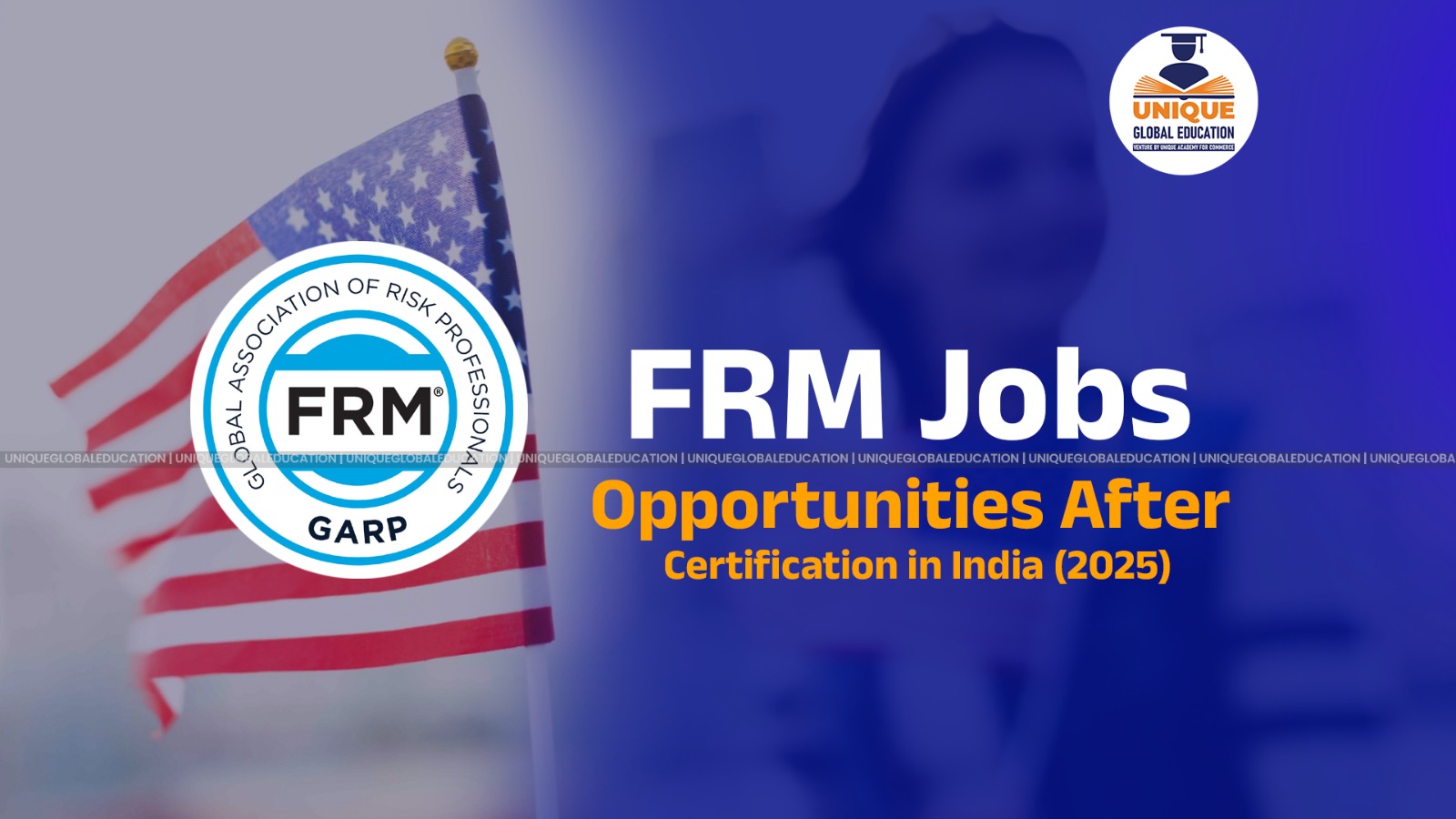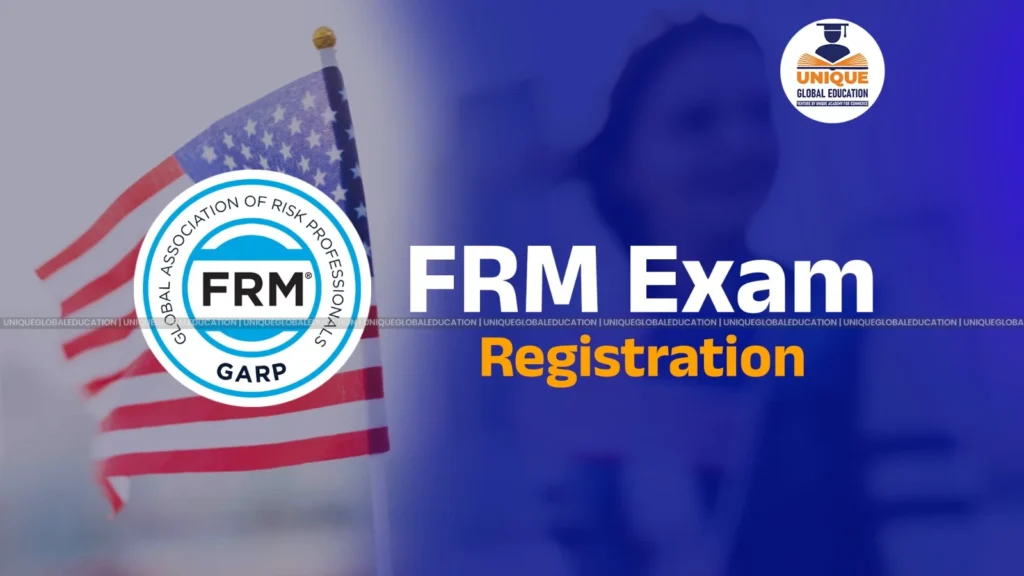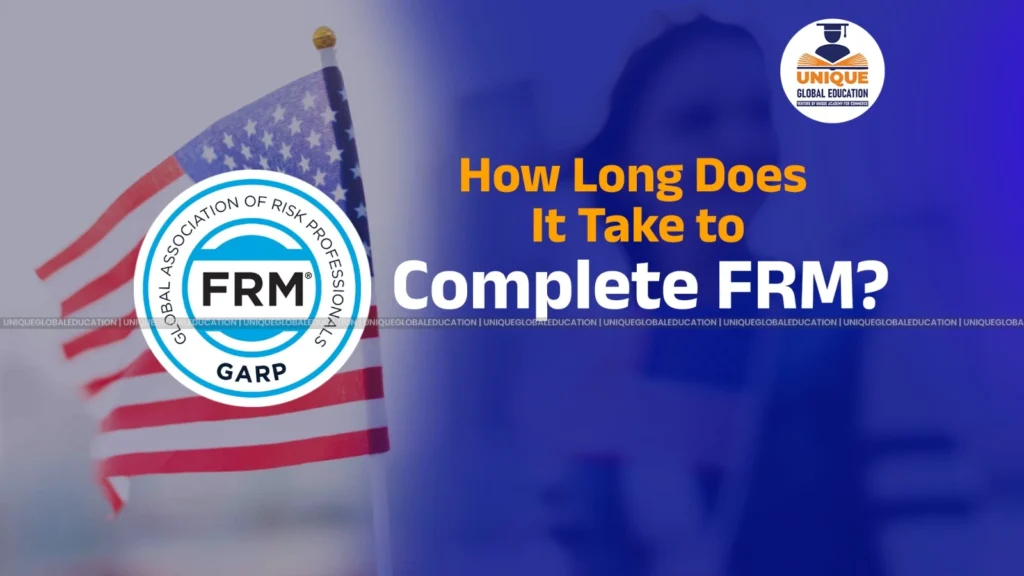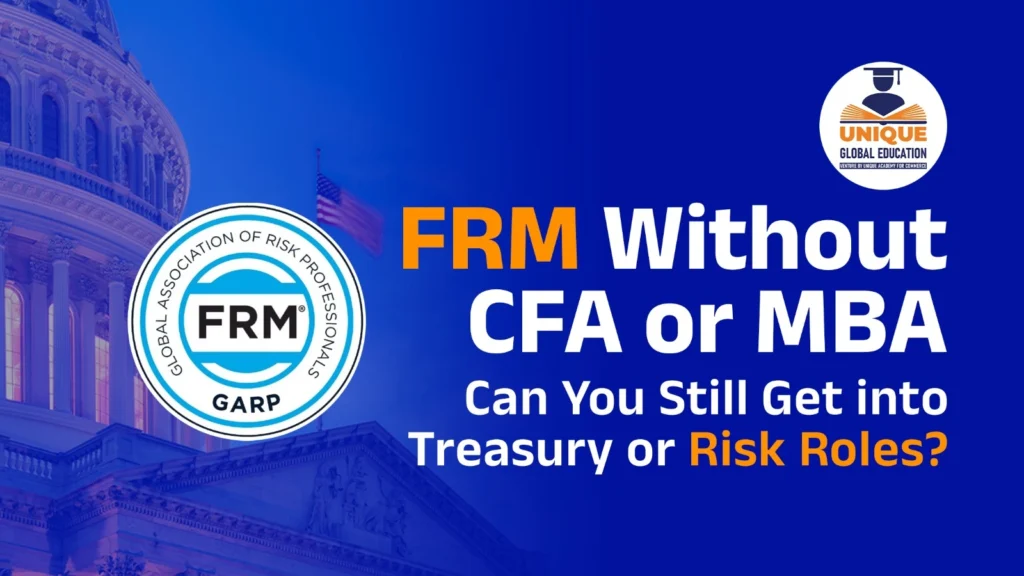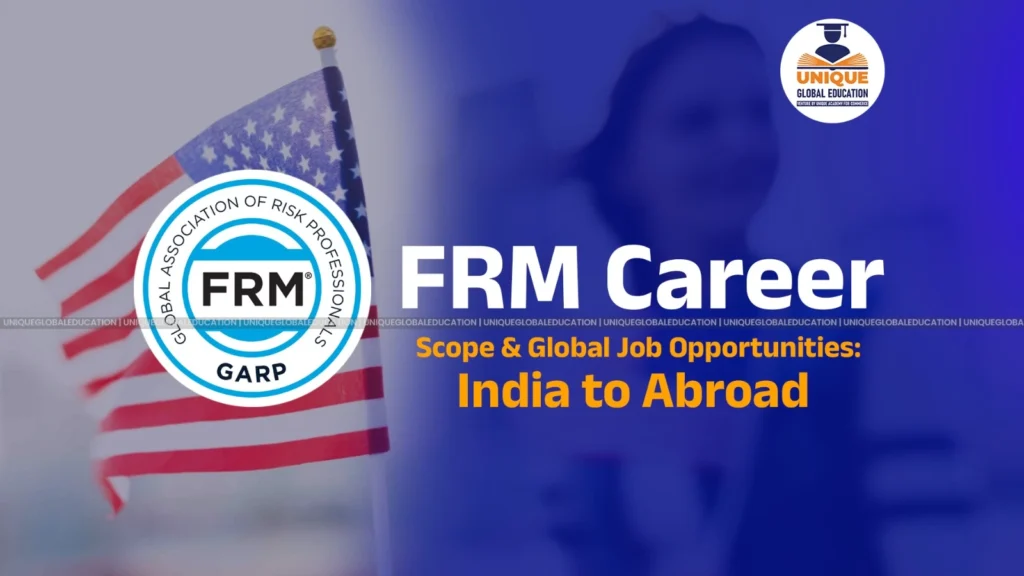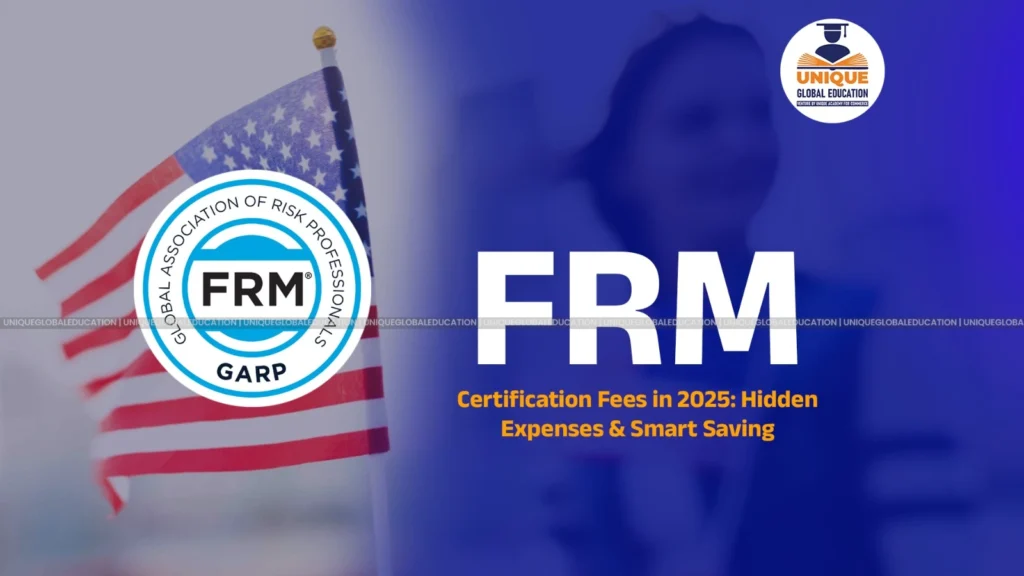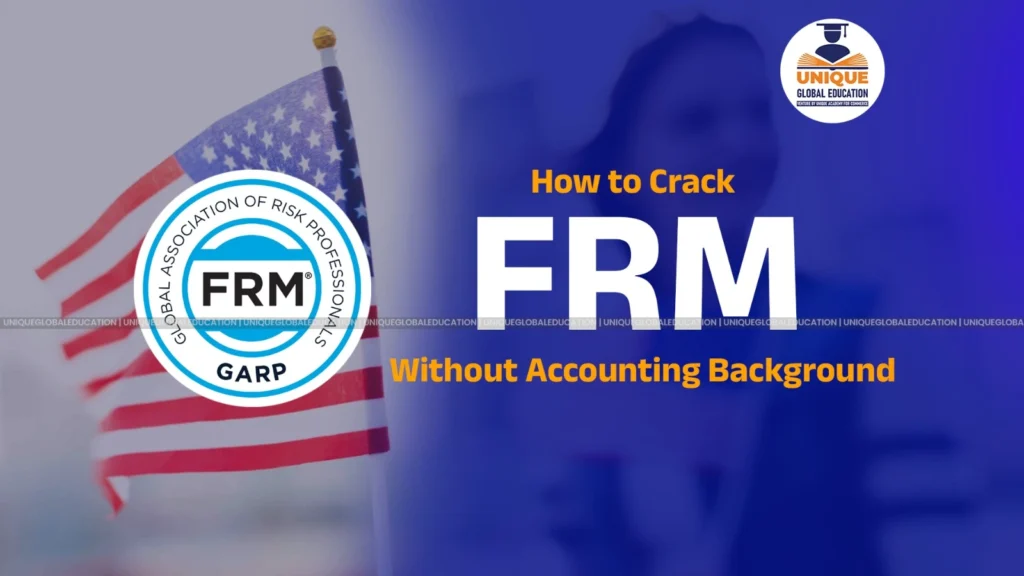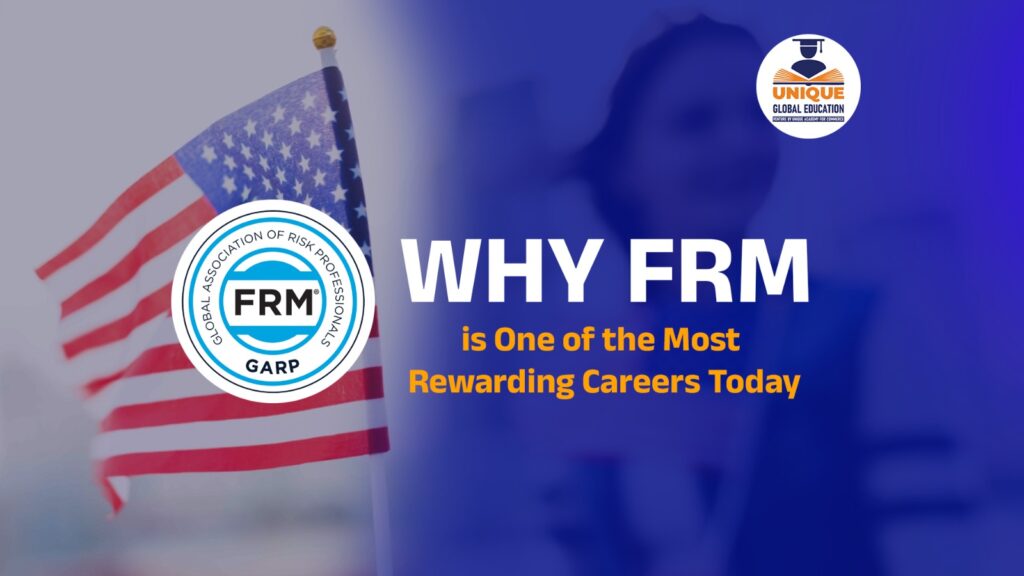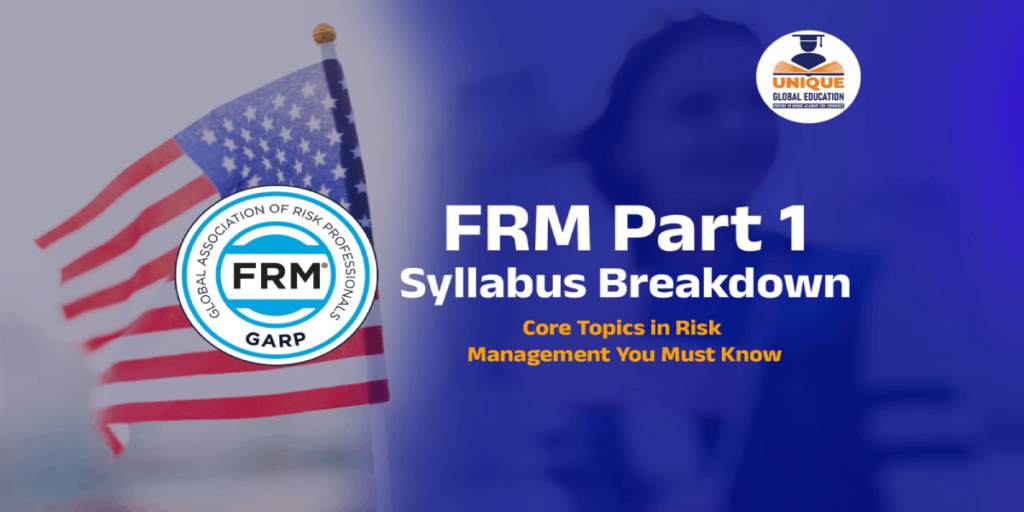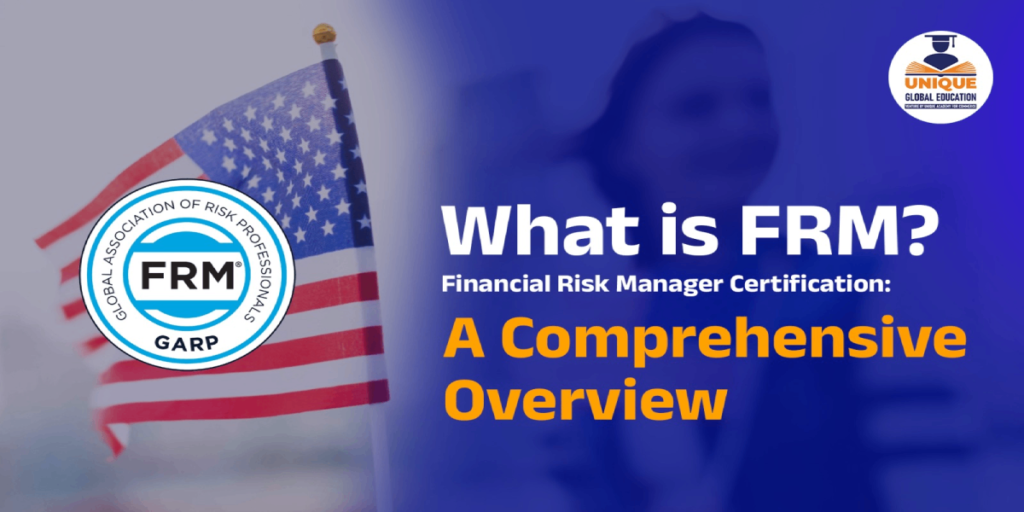In today’s increasingly complicated and volatile financial system, where regulatory requirements are adding layers of complexity, the importance of risk management to any organization—especially banks—is all pervasive.
GARP (Global Association of Risk Professionals) administers the Financial Risk Manager (FRM) qualification, one of the leading accreditations in risk management around the world. For professionals in India who want to enhance their career edge, FRM can offer multiple opportunities.
We will learn about the opportunities, growth, challenges and FAQs about taking a career in FRM related jobs in India by 2025.
Table of Contents
Why FRM Matters in 2025 India
- Global competence + local relevance: The FRM certification tells the world that you understand advanced risk concepts and that you are committed to a global standard. Indian banks, NBFCs, insurers, Fintechs and multinational companies anticipate risk awareness to rise to global levels.
- Increasing regulatory watch: Indian financial regulators (RBI,SEBI,IRDAI) are increasingly tightening the screws on capital requirements, credit norms,stress testing and risk disclosure. Institutions require experts who can interpret and operationalize these frameworks.
- Fintech & digital lending explosion: With fintech and alternate lending exploding, tools like risk modelling, credit underwriting, fraud analytics and algorithmic decision-making are critical. FRM-aligned skills can be as useful in tech-driven finance too.
- Cross border exposure : As Indian companies expand overseas, and global companies invest in India, they need professionals who can evaluate international credit risk, market risk and regulatory risk.
So, it is a good time for FRM aspirants, when they combine the certification with real-world skills and applied knowledge.
Real-World Demand & Hiring Trends
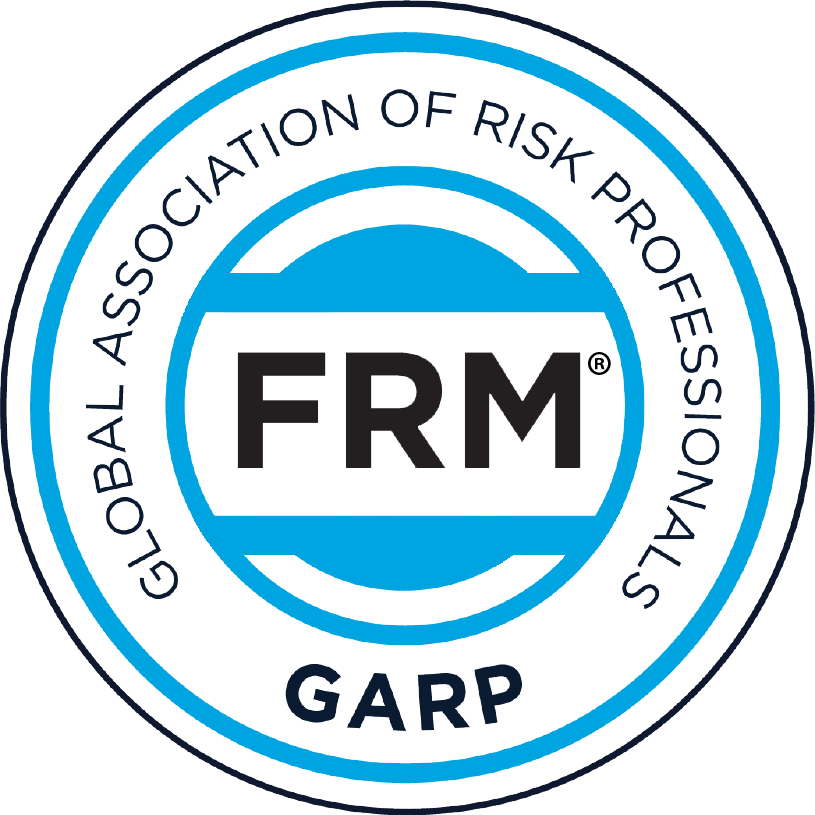
- FRM jobs volume: On LinkedIn India alone there are 500+ FRM-related job postings right now (e.g., job titles risk analyst or risk manager)
- Sites like Glassdoor & Indeed reveals 200+ jobs in and around India.
- Some specific cities such as Bengaluru, jobs in credit risk, risk consulting and model validation are often put up.
- A large number of job titles list “FRM / CFA / Risk specialization” as either desired or mandatory skills.
This may imply that certified FRMs (or candidates) are being actively pursued.
Get More Details Of FRM Coaching Classes
Salary & Growth Trajectory in India (2025)
Pay for risk roles varies widely according to experience, sector, location and bank size. Key observations:
- Starting salary: A master’s degree holder who has cleared FRM level can draw ₹6 – 10 lakhs per annum at fresh levels for most metro centers in India.
- Mid-level to senior: Moving up the corporate ladder with 5–8 years of experience (with industry knowledge) can fetch you anything between ₹15–25 lakhs or more.
- CRO / risk heads: At the top of that same chain, in larger banks, or FIs – compensation there too can go to ₹30+ lakhs and much more.
The standard FRM salary in India is averaged to be ~ ₹9 lakh per annum based on some sources.
Monthly counterparts from a section of sources peg the monthly pay in risk roles at ₹66,000 to ₹78,000 for experienced professionals.
So, FRM can have a positive result on ROI if used wisely.
Skills & Supplementary Capabilities That Make You Stand Out
Just having the FRM certification doesn’t necessarily mean you land a top job, either – employers are looking for:
- Technical / Quant Skills

- Solid foundation in statistics, probability, linear algebra (time-series stochastic calculus is a plus)
- Ability to script in programming languages (e.g. Python, R, MATLAB, SQL)
- Previous experience using models for applied analysis (e.g., credit scoring, Monte Carlo simulations and stress testing)
- Domain Knowledge & Business Sense
- An understanding of banking products, derivatives, fixed income, FX, and treasury.
- Data Analytics & Machine Learning
- Experience working with large datasets, feature engineering and predictive modeling
- Communication & Report Writing
- Talking the business speak of numbers
- Compiling risk reports, dashboards, presentations for senior management or regulatory dissemination
- Internships / Project Experience
- Projects (credit risk /portfolio risk/ALM) are quite hands on, make it more credible.
- Research, whitepapers, Kaggle-style challenges can increase hands-on exposure.
- Certifications / Cross-skills
- CFA, PRM, FRM + other credentials etc….
- Risk & compliance, Anti-fraud certification, Industry-specific certification or Compliance.
An FRM certification along with these skills only expands your overall job market.
Challenges & Realistic Considerations
It’s not all smooth sailing. Some things to consider:
- Competition: The competition is tough as a lot of candidates either do FRM along with CFA or come from quant background and particularly Top firms.
- Relevance to non-financial sectors: Some companies, particularly in industries other than the financial sector, may not appreciate the FRM designation as highly.
- Experience vs credential: The organisations still often favour candidates with a proven background in risk or finance – FRM is beneficial, but rarely a substitute for Domain experience.
- Read- Cost & effort: ” Clearing FRM Part I & II, acquiring skills that are related to these roles, and upskilling (technical – programming, analytics ) takes time & resources.
- Regulatory / local adaptation: Some of the FRM topics could be global in nature and you should know their application in Indian Regulatory/market context.
There are still ways to overcome, albeit with the right approach and determination.
How to Leverage FRM for Career Success in India
Here are some actionable strategies:
- Target internships / risk analyst roles early : Even if the pay isn’t great, getting exposed practically is worth a lot.
- Create a lot of modelling projects: Take open data sets, take Kaggle, simulate real world credit / market risk models.
- Network : Network with risk pros, alumni, LinkedIn connections; attend risk summits.
- Is true across domains: Banks, NBFCs, fintechs, insurers, corporate treasuries and consultants hire FRMs.
- Be updated on the regulations: Basel, Stress Tests, IFRS 9 etc. Application in our Indian context is definitely a differentiator.
- Keep upskilling: data science, programming, machine learning — especially as risk modelling changes.
With hard work and astute positioning, FRM can serve as a springboard to enticing opportunities.
FAQ — FRM Jobs in India (2025)
Q1: Should I complete the FRM Part I and Part II before applying for risk jobs?
After you pass around Part I, you can begin applying, however many positions will request or require full certification (Part II + experience). Completing the entire credential improves your standing.
Q2: Can a fresher (0–1 year experience) get a job just through FRM?
Yes, some roles ( entry level risk analyst ) but no experience is required they will consider freshers who have cleared/or in level of FRM as long as you have quant and modelling skills.
But there will be companies that still require 1–2 years of relevant experience.
Q3: In which areas are FRM getting placed in India?
Banks (commercial & investment), NBFCs, insurance, fintech / digital lending players, asset managers non-investment banks (consulting companies offering corporate treasury advice etc.), CRAs and on the odd occasion large non-financials who have big finance functions.
Q4: Is FRM better than CFA or any other finance certification?
FRM is oriented towards risk management where CFA is more generalized (investment, equity, portfolio). Whether it is “more valuable” depends on what you want to achieve in your career. It’s also common for professionals to seek both, to make themselves more competitive.
Q5: Job search path / where to find FRM roles?
You can go on LinkedIn, job boards (Indeed, Glassdoor), GARP’s job board, risk / finance forums and through networking in financial circles.
Conclusion
The FRM designation remains a potent differentiator in the wake of India’s changing financial landscape in 2025. Although it does not promise a job by itself, when combined with technical skills and domain knowledge along with networking can open doors into risk analyst, credit risk, market risk, treasury, model validation analysis and consulting positions.
If you are serious about developing a career in risk, it could help distinguish you in hiring pools and earn higher remuneration, or set you on the path to be considered for leadership roles.” But it also depends on how effectively you convert the certification into market-ready skills and contributions.



